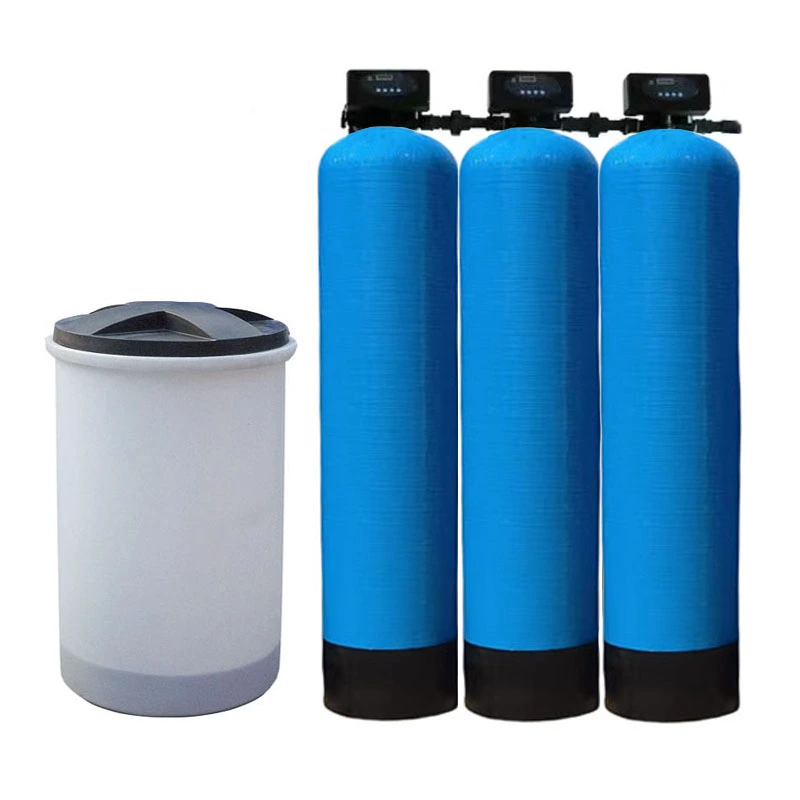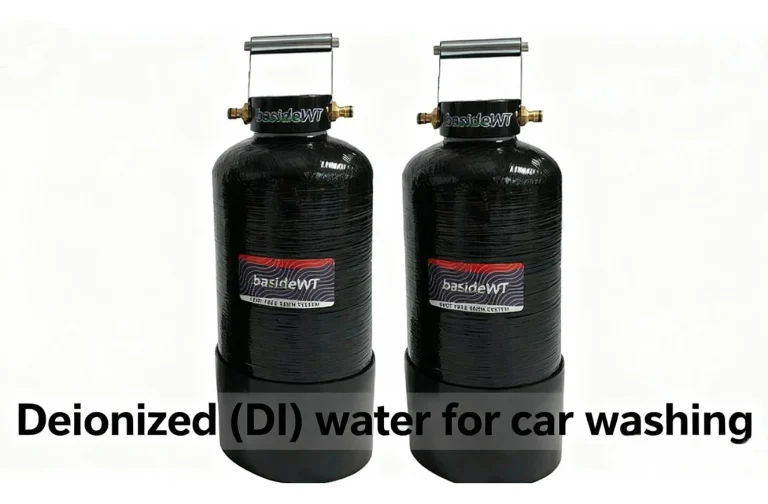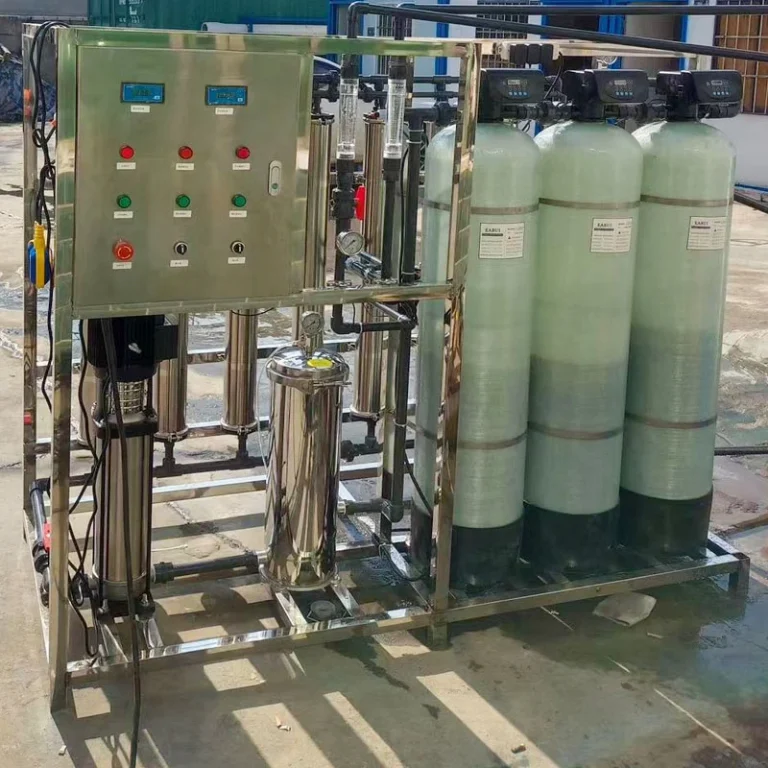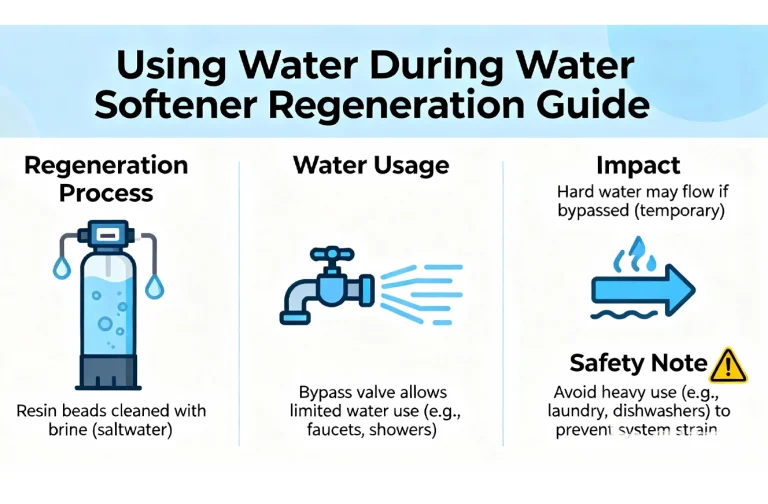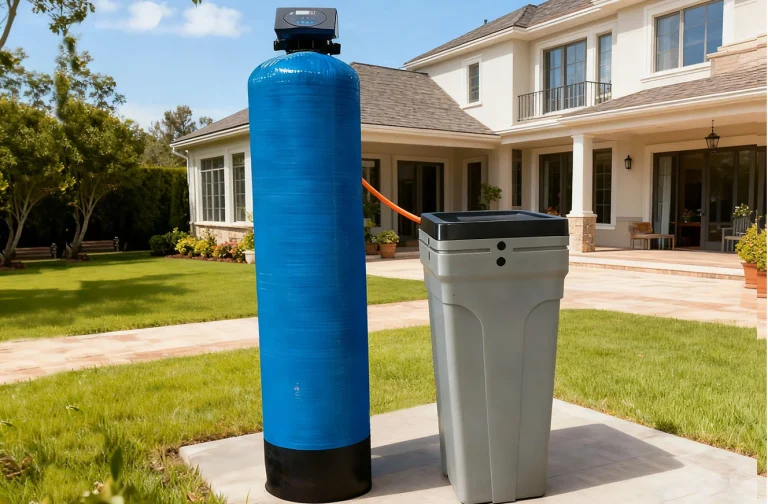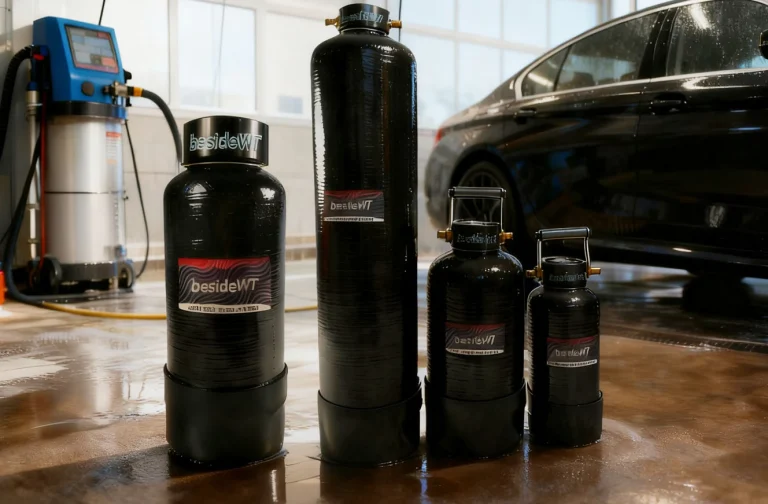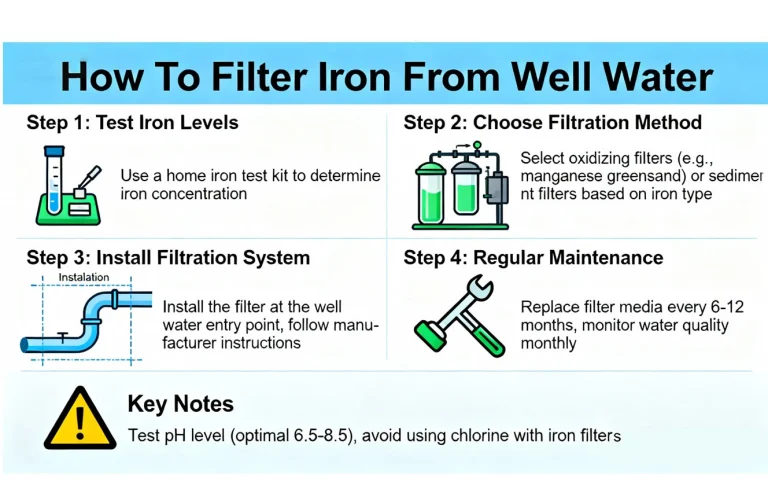BasideWT- Whole Home Water Filtration System & Replacement

Does A Water Softener Filter Water
Does a water softener filter your water? This is a common question. Many homeowners are confused. The short answer is no, not in the way you might think. A water softener is a specialist. It targets specific minerals. Its main job is to fight scale. However, the line between softening and filtering can blur. Understanding this difference is crucial for your home’s water quality. It affects your health, your appliances, and your wallet. So, what exactly does a water softener do? What does it leave behind? This guide will clear the murky water. We will explore the science of softening. We will compare it to true filtration. Finally, we will show you how the BasideWT Whole House System provides the complete solution you need.
Understanding the Core Function of a Water Softener
Let’s be clear from the start. A water softener is not a filter. It is a chemical conditioner. Its primary mission is to remove hardness minerals. These are calcium and magnesium. How does it accomplish this? Through a brilliant process called ion exchange.
Imagine the softener’s mineral tank is filled with tiny resin beads. These beads are coated with sodium or potassium ions. When hard water flows through this tank, a swap occurs. The resin beads grab onto the calcium and magnesium ions. They release the sodium ions in return. This exchange transforms hard water into soft water.
Therefore, the water is now “soft.” It will no longer create limescale. But is it filtered? Has it been cleansed of harmful contaminants? The answer is still no.
What Contaminants Does a Water Softener Actually Remove?
A water softener is a highly specialized tool. It removes a very specific set of “contaminants.”
- Calcium Ions: This is a primary target.
- Magnesium Ions: This is the other half of water hardness.
In some cases, it can also reduce low levels of other minerals.
- Dissolved Iron (Ferrous Iron): It can remove small amounts of clear-water iron.
So, what is the result? Your water is gentler. It feels silkier on your skin. Your soap lathers better. Most importantly, your pipes and appliances are protected from crusty, damaging scale buildup. This is a valuable service. However, it is not comprehensive.
The Critical Limitations: What a Softener Leaves Behind
This is the most important section. Knowing what a softener doesn’t remove is vital for your safety. A water softener will not eliminate:
- Sediment and Rust: Dirt, sand, and rust particles flow right through.
- Chlorine and Chemicals: Municipal treatment chemicals are unaffected.
- Bacteria and Cysts: Harmful microorganisms pass through unchanged.
- Pesticides and Herbicides: These dangerous chemicals remain in the water.
- Heavy Metals: Lead, arsenic, and mercury are not removed.
- Bad Tastes and Odors: Sulfur (rotten egg smell) is not addressed.
Think of it this way. A water softener solves a chemistry problem. It does not solve a contamination problem. Your water could be soft but still dirty, smelly, or unsafe. This is a critical distinction.
Water Softener vs. Water Filter: A Direct Comparison
Many people use these terms interchangeably. This is a mistake. They are different tools for different jobs. Let’s break it down.
Defining a True Water Filtration System
A water filter physically removes impurities. It uses a physical barrier or a chemical process. Filters target a wide range of contaminants. They come in many forms.
- Sediment Filters: These are simple mesh screens. They trap dirt, sand, and rust.
- Carbon Filters: These use activated carbon. They are excellent for removing chlorine, bad tastes, and odors.
- Reverse Osmosis (RO) Systems: These are purification powerhouses. They force water through a membrane. They remove almost everything, including salts and metals.
The goal of a filter is purity. It makes water cleaner and safer to drink. It does not necessarily make it softer.
Synergy in Your Home: Why You Need Both
So, which one is right for you? The best solution is often both. A water softener and a water filter work together perfectly. They are a team, not rivals.
Consider this scenario. Hard water flows into your home. It is full of calcium and magnesium. It also contains sediment and chlorine.
First, a whole-house sediment filter removes the dirt. This protects your softener from getting clogged.
Next, the water softener performs its ion exchange. It removes the hardness minerals.
Finally, a carbon filter at the kitchen tap polishes the water. It removes chlorine and any remaining tastes.
This layered approach is the gold standard. It ensures every drop of water in your house is both soft and clean.
The BasideWT Solution: Integrated Softening and Filtration
Why choose between soft water and clean water? You can have both. The BasideWT Whole House Water System is engineered for total water care. It combines advanced softening with multi-stage filtration.
Advanced Ion Exchange for Ultimate Softness
The BasideWT system features a high-capacity water softener. It uses premium resin beads. This ensures efficient and thorough hardness removal. You will say goodbye to scale. Alternatively: By preventing scale buildup, a water softener extends your water heater’s lifespan. The benefits continue with personal care – your skin and hair will feel noticeably softer. Even your laundry will show improvement, maintaining brighter colors wash after wash.This is the proven benefit of soft water.
Comprehensive Multi-Stage Filtration
However, BasideWT goes much further. It integrates true filtration into a single, compact unit.
- Sediment Pre-Filtration: The first stage captures rust, sand, and dirt. This acts as a guard for the entire system.
- Activated Carbon Filtration: The next stage uses high-grade carbon. It effectively reduces chlorine, chemicals, and unpleasant odors.
- Specialized Media Beds: Some models include additional media. These can target specific issues like iron or hydrogen sulfide.
Therefore, the BasideWT system doesn’t just soften. It filters, purifies, and polishes. It answers “no” to the question “does a water softener filter water?” by providing both.
Making the Right Choice for Your Home’s Water
Your water quality is non-negotiable. Relying solely on a softener is a risk. You need a complete solution.
First, get your water tested. Know exactly what you are dealing with.
If you have hard water, you need a softener. But you also need filtration. Installing them separately can be complex and expensive.
This is the genius of the BasideWT integrated system. It simplifies everything. You get one system. It delivers perfectly soft, clean, and great-tasting water to every faucet.
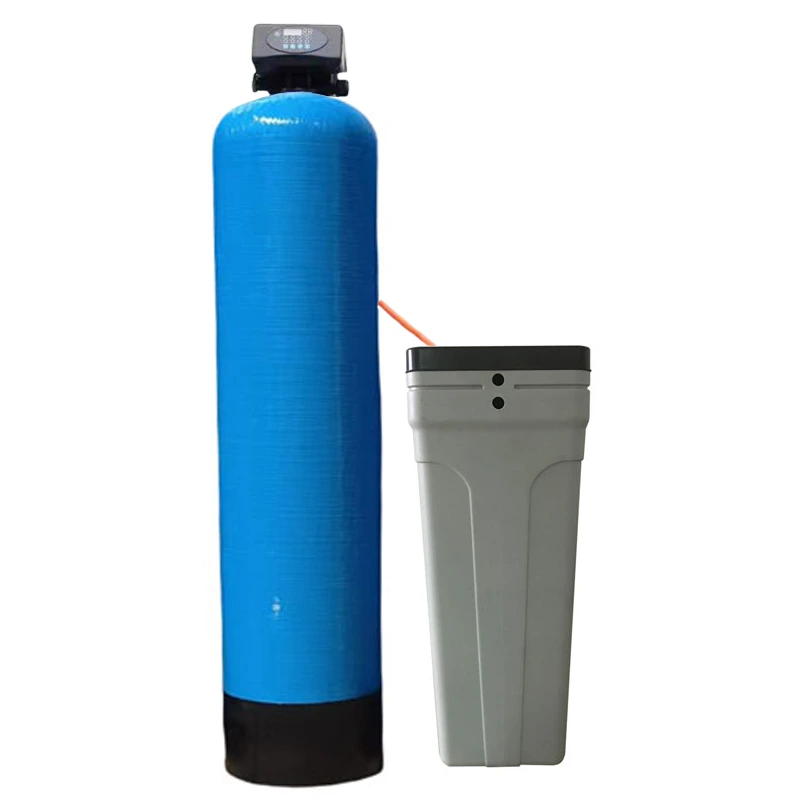
Single tank soft water system
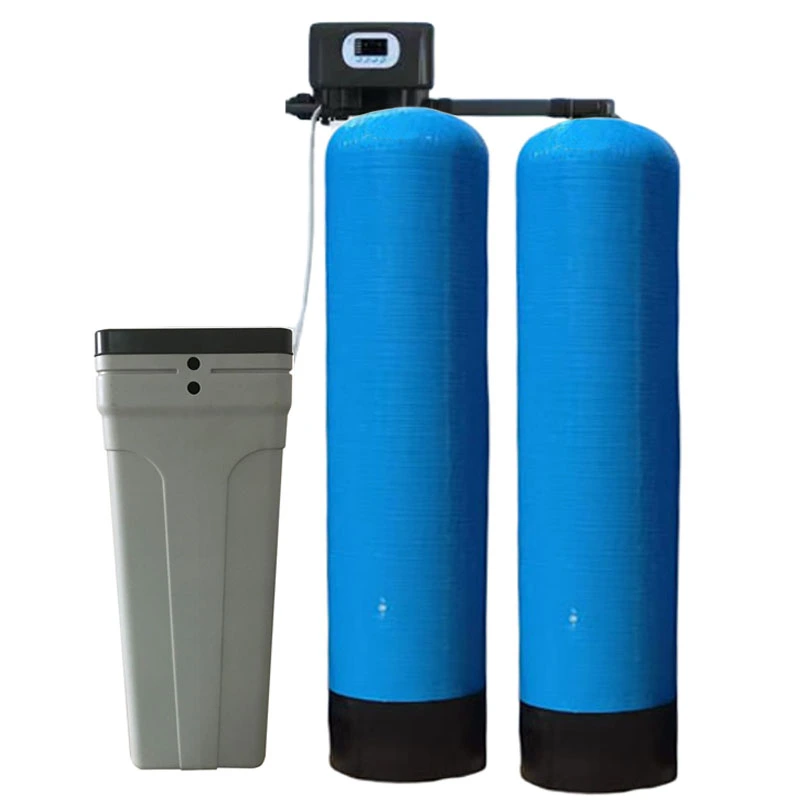
One backup, one use
